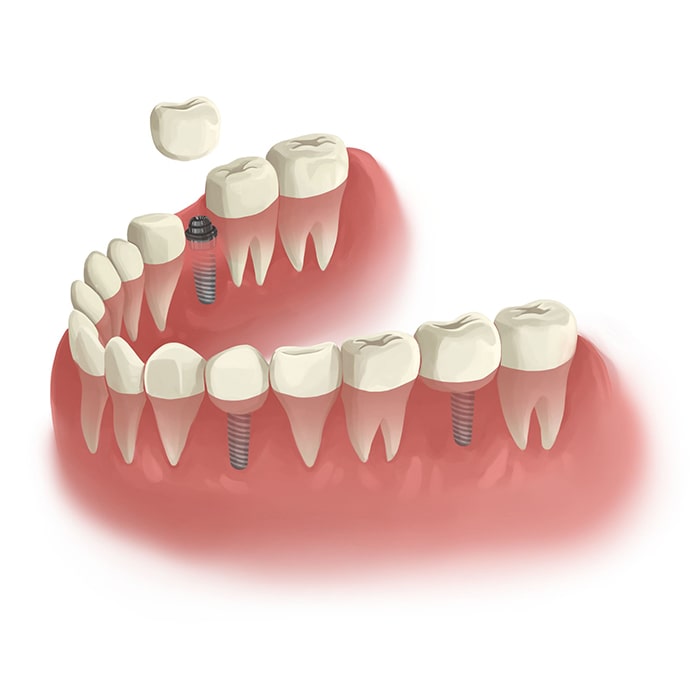Wisdom tooth extraction is a surgical procedure to remove the one or two permanent wisdom teeth. They are located in the back of the mouth at the upper and lower. A wisdom tooth extraction may occur at some time in your life. Wisdom teeth (also called third molars) are the last ones to emerge. They are often stuck behind or impacted by other teeth. If they are not treated they could cause inflammation, pain, and other oral health issues. Wisdom tooth extractions are generally done by a dentist or oral surgeons, and require an incision of a tiny size to the bone and gum. It’s possible to opt for either local or general anesthesia, depending on your particular case. Here is what you need to be aware of regarding wisdom extractions of teeth:
Wisdom tooth extractions are normally carried out by a dentist an oral surgeon. The Wisdom teeth are also known as the third molars and typically are the last teeth to emerge. Wisdom teeth are recommended for extraction when they are affected. This means that they are growing at an angle, and then push against the other teeth. Wisdom tooth extractions can also be advised when Wisdom teeth aren’t properly erupting or when they crowd adjacent teeth, creating difficulties when chewing and speaking. Wisdom tooth extractions are performed under local anesthesia, intravenous sedation, or under general anesthesia. The type of anesthesia employed will depend on the particular patient and the severity of the procedure. Wisdom tooth extractions usually take 30 to 60 minutes to one hour. Patients may experience some swelling or discomfort. Most people recuperate from Wisdom tooth extractions within several days and are able to resume normal activities shortly thereafter.

They usually require a small incision in the gum tissue and bone. Wisdom teeth are the final teeth that will be born and typically appear in the latter part of the teens or the early 20s. Wisdom teeth are an advantage for certain individuals. However, for others wisdom teeth can trigger swelling and crowding as well as discomfort. Wisdom teeth may require extraction If the root is affected or if it’s infected or decayedor it causes pain or crowding. Wisdom tooth extractions are usually done by an oral surgeon. They usually require a small cut in the bone or gum tissue. Most patients can heal within a few days following wisdom teeth extractions. In some instances, Wisdom tooth extractions are required in an emergency situation when the tooth is in severe discomfort or has an infection.
Wisdom tooth extractions are an everyday procedure, but not every situation requires them. In some cases, wisdom teeth can be kept in place without causing any problems. However, there are situations when it’s better to have them removed. Here are three indications that wisdom teeth could need to be extracted.
1. Wisdom Teeth Impaction: Wisdom teeth can become stuck in jawbone gums, and they won’t emerge correctly. This can cause inflammation, pain, and the damage to adjacent teeth. To avoid any issues your dentist may suggest the extraction of wisdom teeth.
2. Wisdom Teeth Cysts: Sometimes wisdom tooth cysts are formed. They are sacs containing fluid in the bone that can cause tissue and bone damage. Your dentist will recommend you remove your wisdom tooth in order to avoid further harm.
3. Wisdom Teeth Infection. It is imperative to seek immediate treatment when your wisdom teeth become infected. Infections of the wisdom teeth can cause serious harm to the jawbone and teeth surrounding it which is why an emergency extraction may be necessary to avoid any further complications.
You should see an experienced dentist if experiencing any of these symptoms. They will assess the severity of your Wisdom teeth require to be removed.
For more information, click edmonton emergency dental clinic
